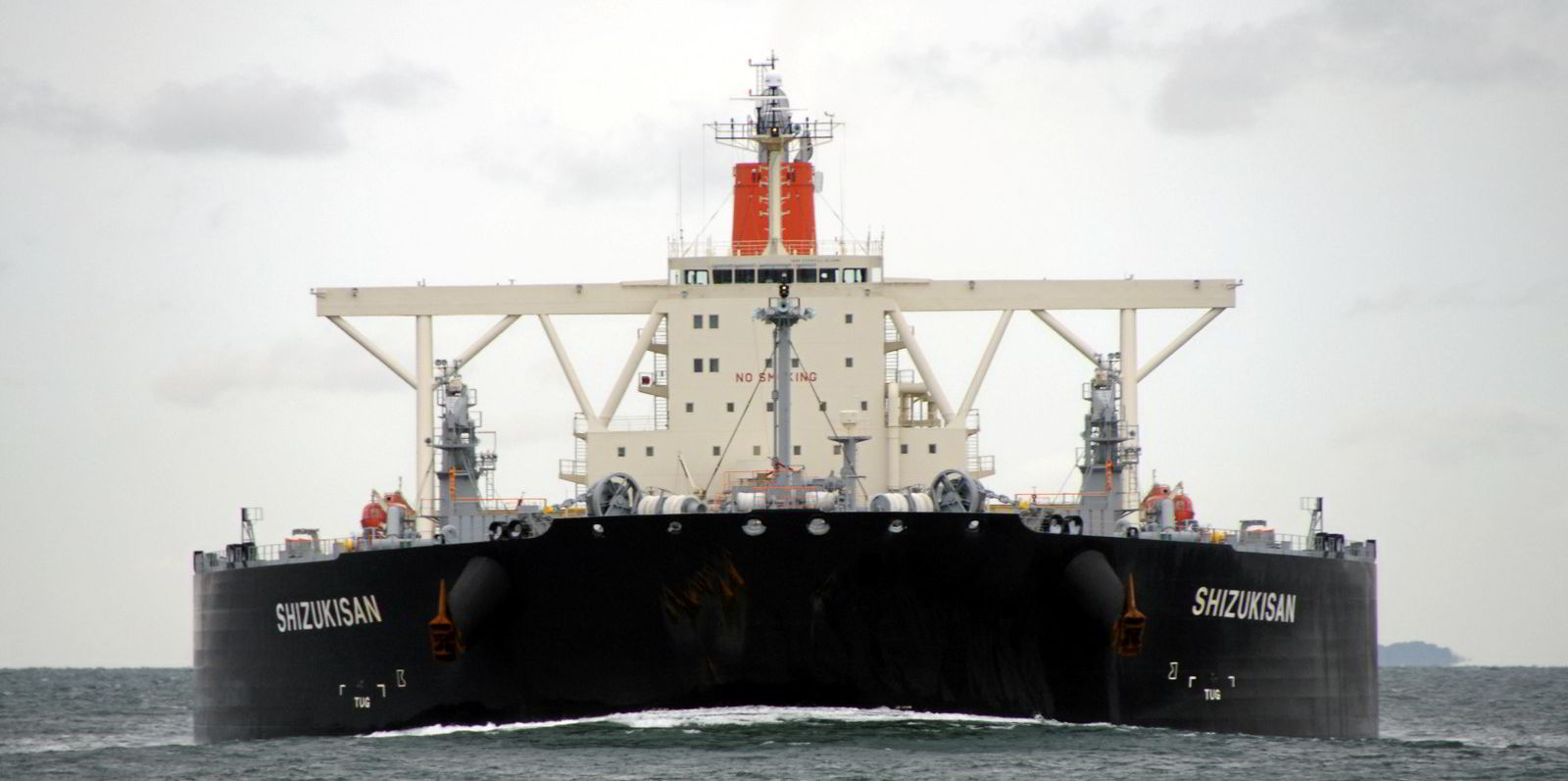Shipowners need to keep up to date with technologies and have to consider both newbuilding and fuelling pricing as they decide how to decarbonise their fleets, International Seaways president and chief executive Lois Zabrocky said.
She said the industry is in a time of change and some investors are still very fixated on simple shareholder returns.
Speaking on a panel at 13th Annual Capital Link Shipping & Marine Services Forum during London International Shipping Week, Zaobroky said some are willing to support more innovative investments and tanker owners will increasingly invest in greener options.
But she said owners constantly need to be kept updated on the latest technology.
“All of these different areas for owners are available. It’s a little of the wild west,” she said.
“We have to consider how do we pivot and make sure that in five years’ time we are still in the pack, leading the pack in that hunt of — as the world decarbonises and we are moving energy — how we compete.”
Pricey
Zabrocky, who was speaking on a panel about sale and purchase and newbuildings, said LNG is “quite pricey” as a fuel at present.
She said newbuilding decisions are not just about the capital expenditure (capex).
International Seaways has ordered three of the 10 LNG dual-fuelled VLCCs chartered by Shell at the start of this year.
Zabrocky said the owners behind these were “lucky with Shell’s timing”, ordering the ships at $96m each at the end of 2020.
She asked fellow panellist Richard Fulford-Smith, managing partner at shipbroker Affinity (Shipping), what the price would be today on similar vessels. He replied that the newbuildings would likely cost between $112 and $115m, depending on the size of their LNG bunker tanks.
Distressed place
“Capex is just a piece of the puzzle,” Zabrocky said.
Even though LNG is more energy dense, she added that at today’s high pricing, running on the fuel would prove more expensive.
Zabrocky admitted that the industry is in “a very distressed place” on tankers at present.
But she said that if the industry wants owners to order LNG fuelled vessels “naked and without charters”, then pricing becomes a big factor.
Zabrocky said she believes there is not going to be only one solution to the fuelling choice for owners.
“There is a lot of complexity and pieces,” she said.
“As a shipowner, we are definitely not the boss of this. We are just dedicating more time and learning to which is going to be the breakout fuel.”






